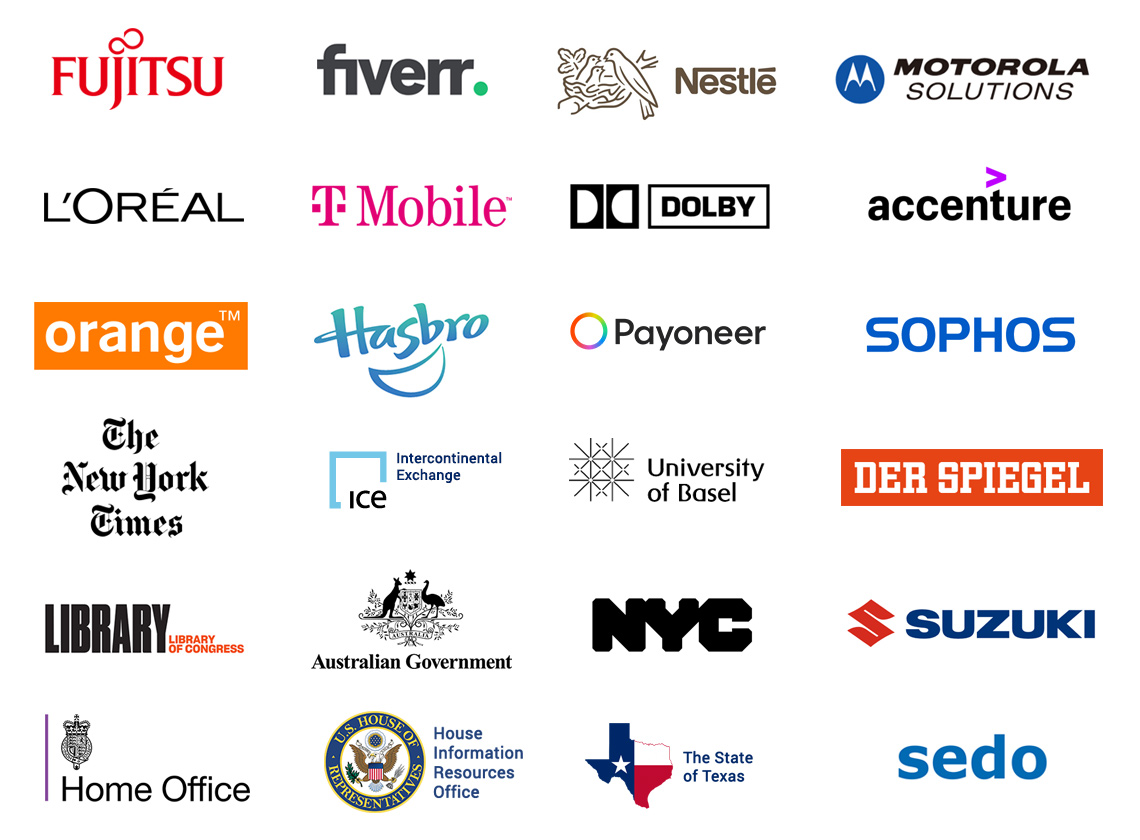TLDR: Simply visit browserling.com/browse and you'll get a browser emulator.
What Is a Browser Emulator?
A browser emulator is software or online tool designed to replicate the functionality and behavior of a specific browser. These emulators allow users to view and interact with web pages as if they were using a different browser or an older version of their current one.
How Does a Browser Emulator Work?
A browser emulator simulates a web browser's behavior and environment, allowing developers to test how web pages or applications will perform on different browsers or devices. It typically mimics aspects like the rendering engine, user interface, and certain device-specific features, such as display resolution, but does not fully replicate the hardware or software nuances of the actual browsers or devices. This emulation is often software-based and integrated into development tools to facilitate cross-browser testing and debugging.
What Are the Use Cases of a Browser Emulator?
Browser emulators are extensively used in web development and testing, enabling developers to assess how websites and applications behave across different browser environments without needing access to each physical device or browser version. They are particularly useful for ensuring compatibility and responsive design across a variety of platforms, including older browsers or mobile devices. Additionally, emulators assist in accessibility testing and debugging of web applications under various conditions and screen sizes.
Cybersecurity Testing
Browser emulators are often used in cybersecurity to safely analyze and investigate malicious websites or online threats. By emulating a browser in a controlled environment, security professionals can interact with potentially harmful content without risking their actual systems.
Cross-browser Testing
Browser emulators allow developers to test web applications under various conditions such as changing time zones, dates, and IP addresses. This is particularly useful for applications that offer location-based services, date and time-sensitive functions, or need to ensure consistent performance across different geographical regions.
Accessibility Testing
Browser emulators allow developers to emulate different browser settings and assistive technologies, making it possible to test how accessible a website is for users with disabilities, ensuring compliance with standards like WCAG.
Performance Testing
Browser emulators can be used to test the performance of websites and applications under different conditions, such as varying Internet speeds, computer speeds, and memory restrictions to optimize loading times and responsiveness across various user device scenarios.
Emulating Older Browser Versions
Browser emulators can mimic older browsers, enabling developers to test the backward compatibility of their web applications, ensuring that users on outdated browsers still have a functional experience. For example, you can mimic an Internet Explorer 6 to run an old version of a website that no longer works in modern browsers.
What Is Browserling?
Browserling is a web-based service that offers quick access to browser emulators, allowing users to test and interact with websites across different browsers (such as Chrome, Firefox, Safari, Edge, Internet Explorer, Tor, Brave, and Vivaldi) and operating systems (such as MacOS, Linux, Windows, and Android) without needing to install them on their local machines. It provides a platform for developers and testers to check the compatibility, performance, and responsiveness of web applications in various browser environments. Browserling is particularly valuable for web development, QA testing, and cybersecurity testing and ensures that websites function correctly on both legacy and modern browsers.
Who Uses Browserling?
Browserling has now become the browser emulator platform of choice and it's used by hundreds of thousands of users around the world every month. Browserling's customers include governments, states, cities, banks, stock exchanges, universities, newspapers, Fortune 100, Fortune 500 companies, and private multi-billion dollar companies.

Happy browsing!
